You’ve probably heard it several times that eating healthy foods is essential for optimum health, regardless of age. As we age, though, our immune systems tend to weaken. Malnutrition makes us even more vulnerable to chronic health conditions. Following a healthy diet cannot be emphasized enough.
In this post, we’ll be sharing with you the foods that are good for seniors’ health. Well, read on to find out.
High-fiber Foods
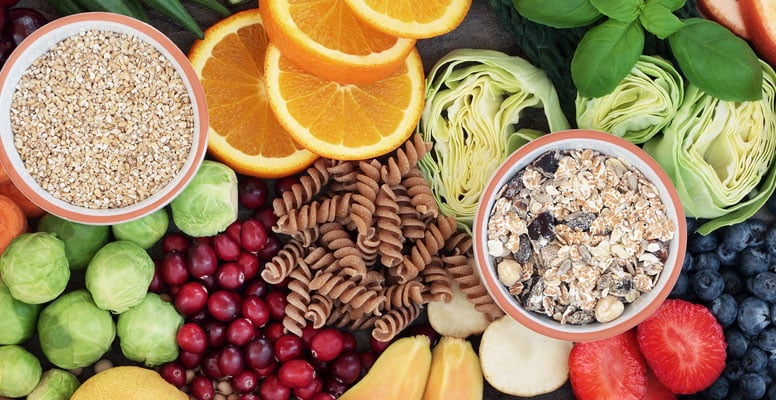
Your meals should include food high in fiber. As you get older, the rate at which food moves through your digestive system starts to slow down. Unfortunately, this can result in the absorption of more water from food waste and cause constipation problems. Fiber will not only help counter constipation but also lower your cholesterol levels.
Some of the foods loaded with healthy fiber content include whole grains, nuts, beans, lentils, fruits, and vegetables.
Fish with Omega-3 Fatty Acids

Omega-3s offer enormous benefits to seniors. They can greatly reduce the risk of heart health problems, memory loss, and dementia, as well as slash down triglyceride levels to fight diabetes.
For high omega-3 fatty acids, you should consider sources like salmon, tuna, sardines, and mackerel. It’s recommended that you try to consume this healthy fat twice a week.
Dairy and Other Calcium-rich Foods
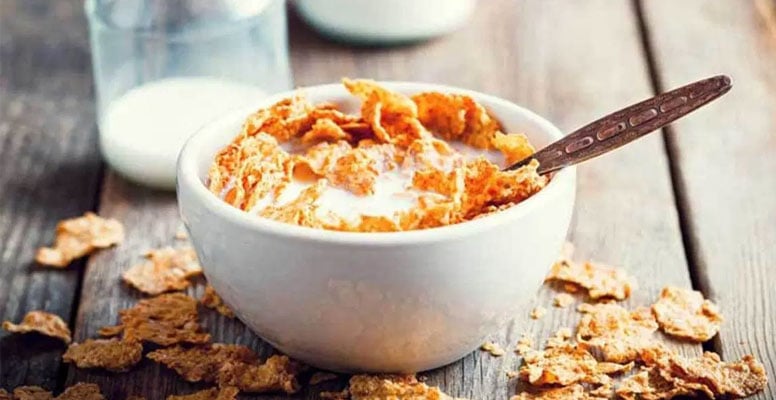
Dairy products like milk, yogurt, and cheese are good sources of calcium. However, it’s important to ensure they contain low to no fat.
The elderly need a high amount of calcium to maintain healthy bones and lower blood pressure. If you don’t meet the daily 1,000 to 1,200 mg calcium requirement, then there’s a high risk of bones becoming fragile and brittle. This can lead to osteoporosis.
You can also get calcium from vegetables, such as kale and broccoli. While spinach provides calcium, its bioavailability is poor. Your diet can include foods fortified with calcium, such as tofu, cereals, fruit juices and drinks.
But let’s face it; achieving this daily target through diet might be a challenge for many people. You can opt for calcium supplements. But first, you need to talk to a health provider for an expert opinion on what’s ideal for your health needs to avoid potential complications.
Low-calorie, Nutrient-dense Foods
Your energy levels may drop as you age, making you less physically active. That’s why you need to consume fewer calories. When you eat more calories than you burn, your body stores the unused calories as glycogen or fat. More fat reserves can make you gain significant weight, which leads to other serious health conditions.
Here are good sources of low calorie, nutrient-dense foods.
Colorful Fruits and Vegetables

In addition to containing fiber, vegetables and fruits are packed with vitamins and antioxidants that can strengthen your immune system. Apples, blueberries, dark cherries, and red raspberries are some of the healthiest fruits for seniors. The diet should also include enough amounts of dark, leafy vegetables like kale, spinach, turnip greens, and Swiss chard.
Lentils

Lentils contain a wide range of nutrients, including potassium, B vitamins, magnesium, zinc, protein, fiber, and iron. They also contain important plant compounds known as phytochemicals, which can help you against heart disease and type 2 diabetes.
Beans
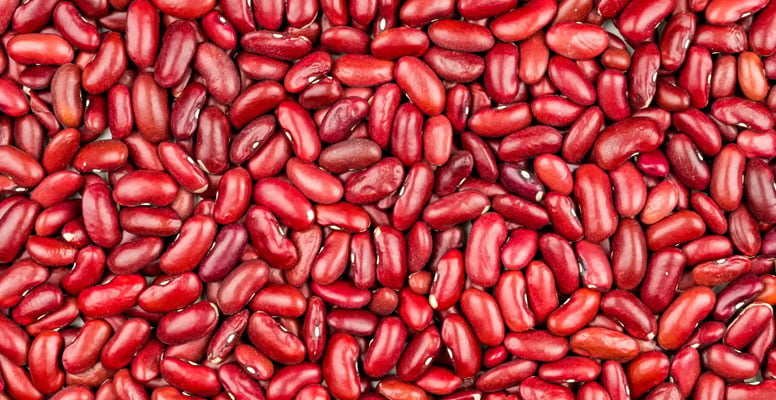
Beans contain proteins, fiber, folate, antioxidants, and iron. They play an essential role in reducing cholesterol and blood sugar levels, as well as improving gut health. The healthiest beans include black beans, soybeans, kidney beans, pinto beans, navy beans, black-eyed peas, and lima beans.
Whole Grains
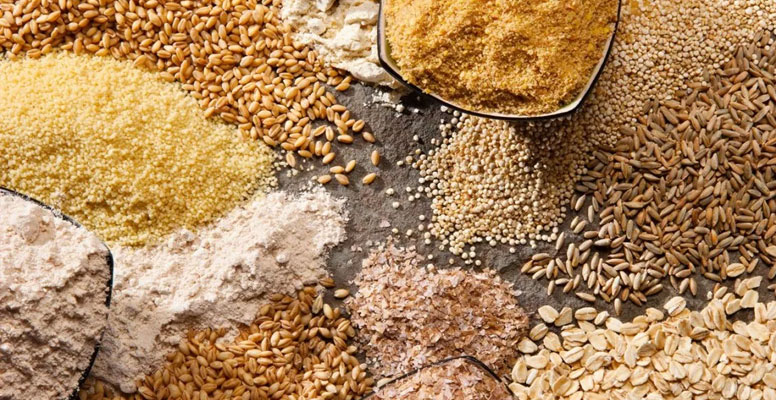
Eating whole grains is largely linked to the reduced risk of heart diseases, inflammation, diabetes, cancer, and other health conditions in seniors. It’s a good idea to ensure at least half of the grains in your diet are from healthy whole-grain foods like brown rice, bulgur, buckwheat, millet, barley, oatmeal, popcorn, and whole-wheat pasta, bread or crackers.
Nuts and Seeds
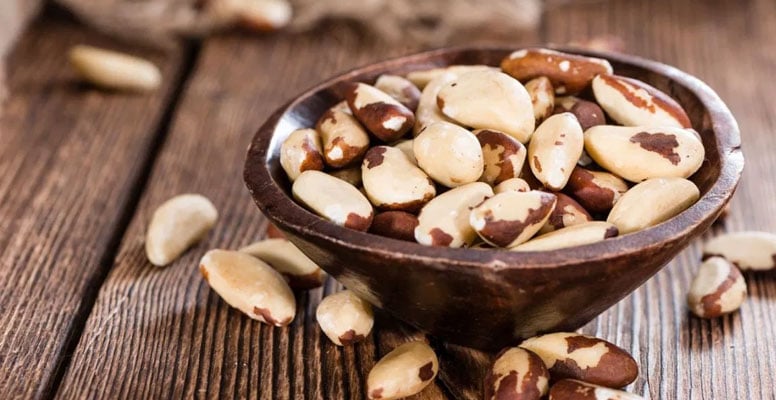
Nuts and seeds have unique nutrient profiles that are responsible for different health benefits. For example, they help with controlling heart diseases, weight gain, and diabetes. Almonds, walnuts, macadamia nuts, Brazil nuts, pistachios, pecans, cashews, peanuts, and hazelnuts are examples of healthy nuts to eat.
Lean Protein
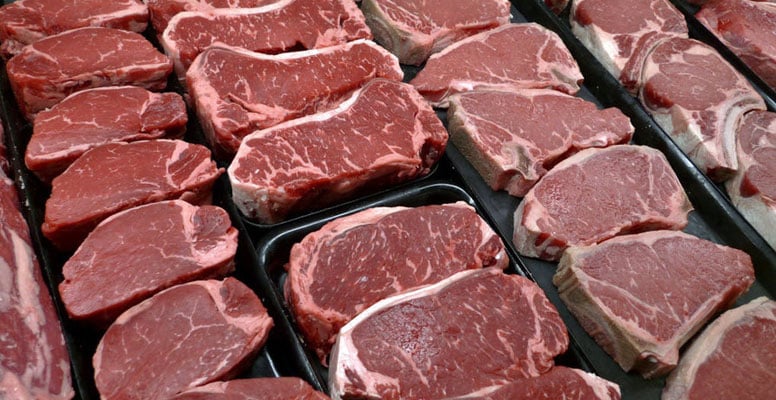
You’re spoilt for choice when it comes to lean protein. You can get it from animals and plant sources. Some of the excellent sources are poultry, lean beef, seafood, beans, peas, and lentils.
You should limit the consumption of foods with high-calorie profiles, such as deserts, sweetened beverages, processed sugars, and deep-fried foods. These are the types of foods that increase weight.
The Takeaway
It’s important to make an effort and include the foods above in your diet, as they can greatly help reduce the risk of developing chronic health conditions and complications.
